
Exciting new series on “Voice, Body and Movement for Lawyers – How to connect with the jury and find Justice Through Dramatic Technique!”
Click here to find out more
Electronic surveillance is one of the most important foreign intelligence collection tools available to the U.S. government. Correspondingly, the ability to surveil constitutes one of those activities most susceptible to abuse by a government against its citizens. In the U.S., the government’s use of electronic surveillance is highly regulated and can be conducted for only two purposes: law enforcement, which is undertaken by both federal and state governments; and foreign intelligence collection, which is an exclusively federal government function conducted pursuant to a single authority - the Foreign Intelligence Surveillance Act or “FISA.”
FISA governs not only electronic surveillance but the use of physical searches, pen registers, trap and trace devices, and business records collection to acquire foreign intelligence in the United States. It permits surveillance and other intrusive activities in the United States both with, and in limited circumstances, without a warrant. It covers virtually every major intelligence collection effort used by the United States, and constitutes the most important intelligence authority available in the war against terror.
This course covers the history of electronic surveillance conducted in the United States for national security purposes, and will tell you everything you didn’t know about FISA which is ever more frequently in the news. It may, or may not, change your mind set about FISA but it will almost certainly leave you better informed about the framework under which electronic surveillance is conducted for national security purposes.
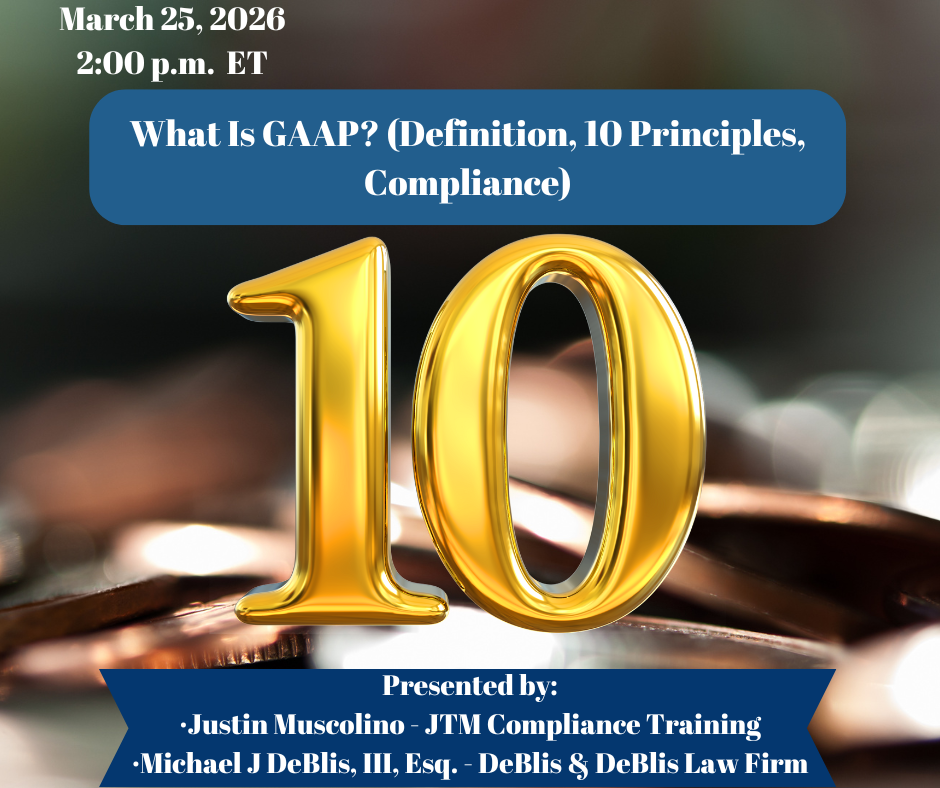
This course breaks down GAAP’s ten foundational principles and explores their compliance impli...
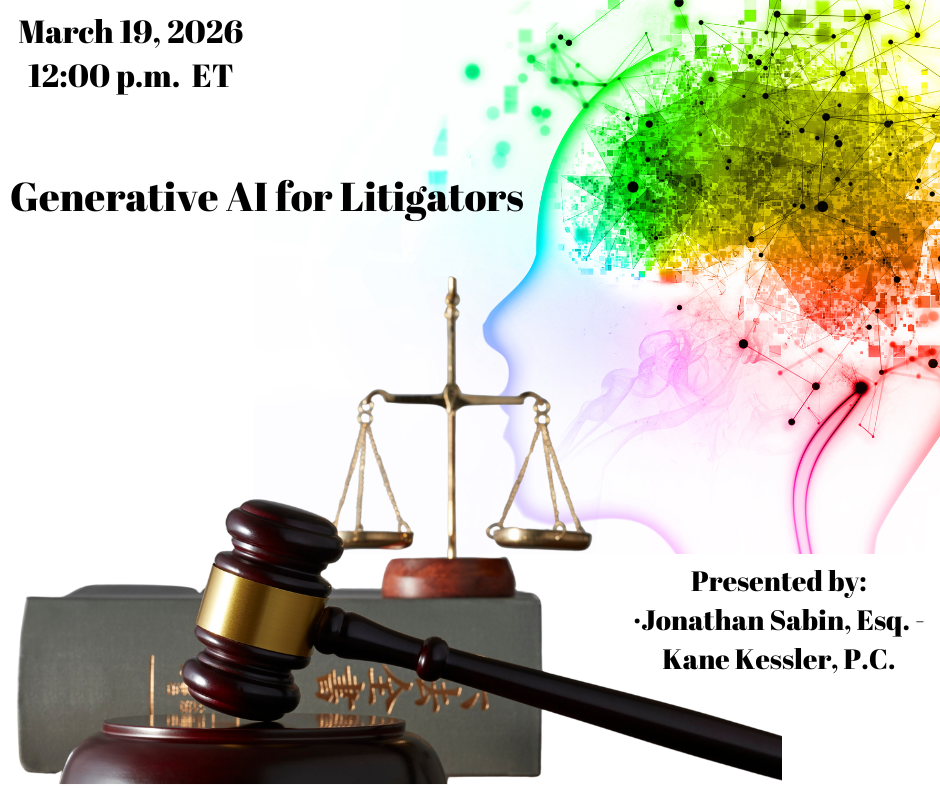
Explore the transformative potential of generative AI in modern litigation. “Generative AI for...

This presentation teaches attorneys how to deliver memorized text—especially openings and clos...
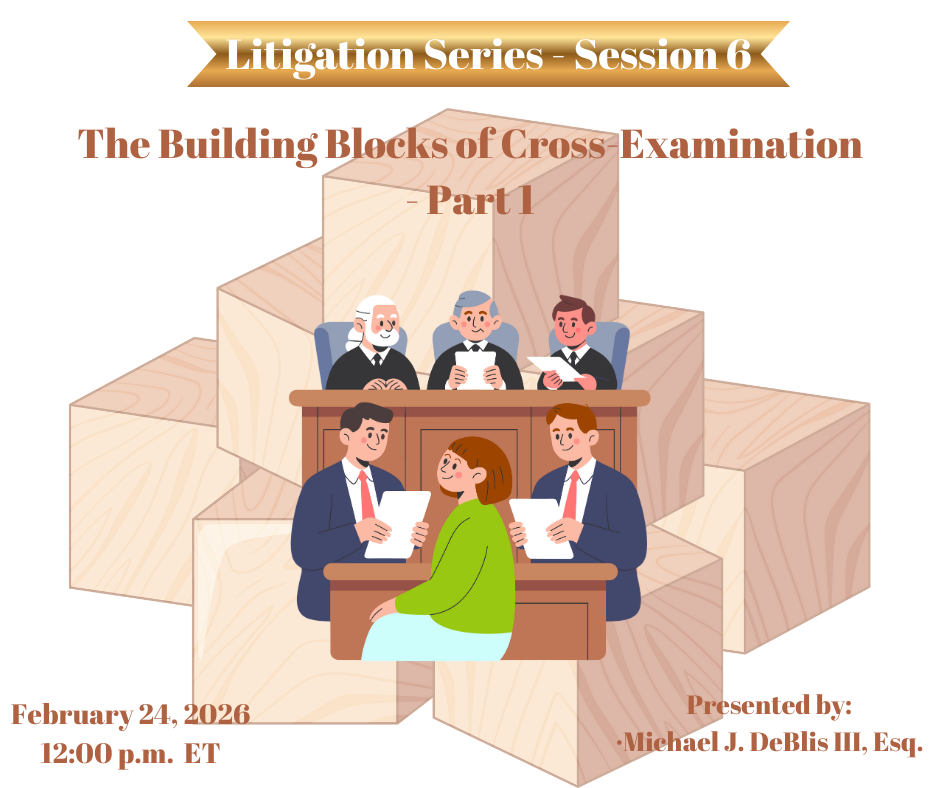
Part I introduces the foundational principles of cross?examination, explaining how lawyers must meth...
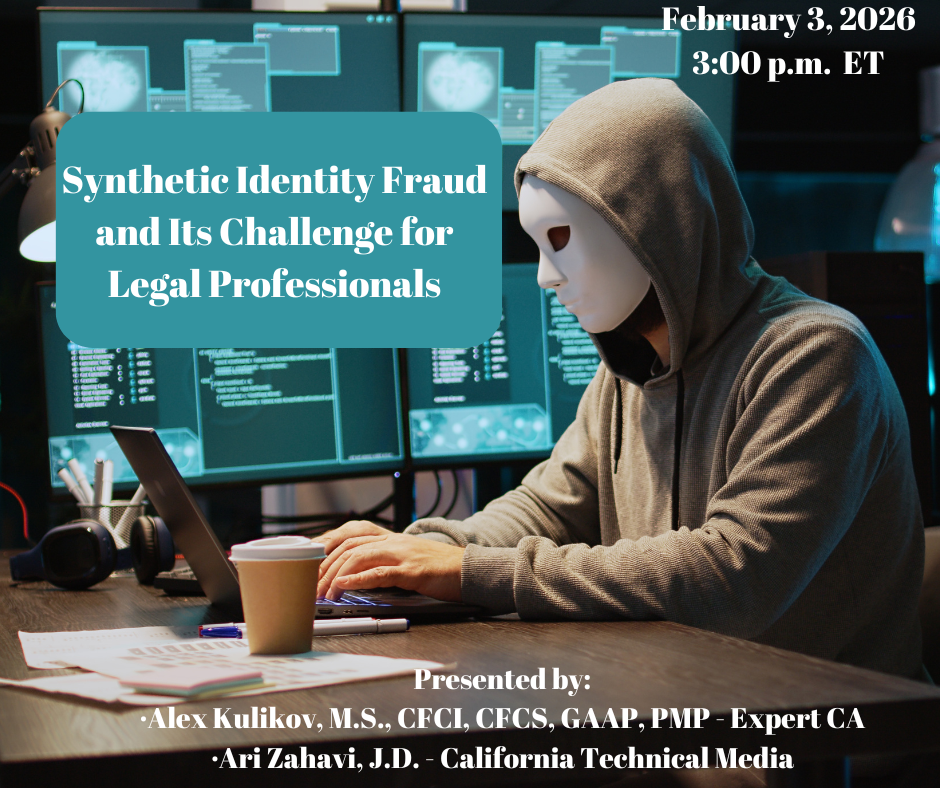
Synthetic identity fraud creates a significant legal and compliance challenge for professionals by c...

The False Claims Act continues to be the federal Government’s number one fraud fighting tool. ...

Part 2 of 2 - Lawyers at all levels of experience and even sophisticated law firms and general couns...

This program focuses on overcoming the inner critic—the perfectionist, self?doubting voice tha...
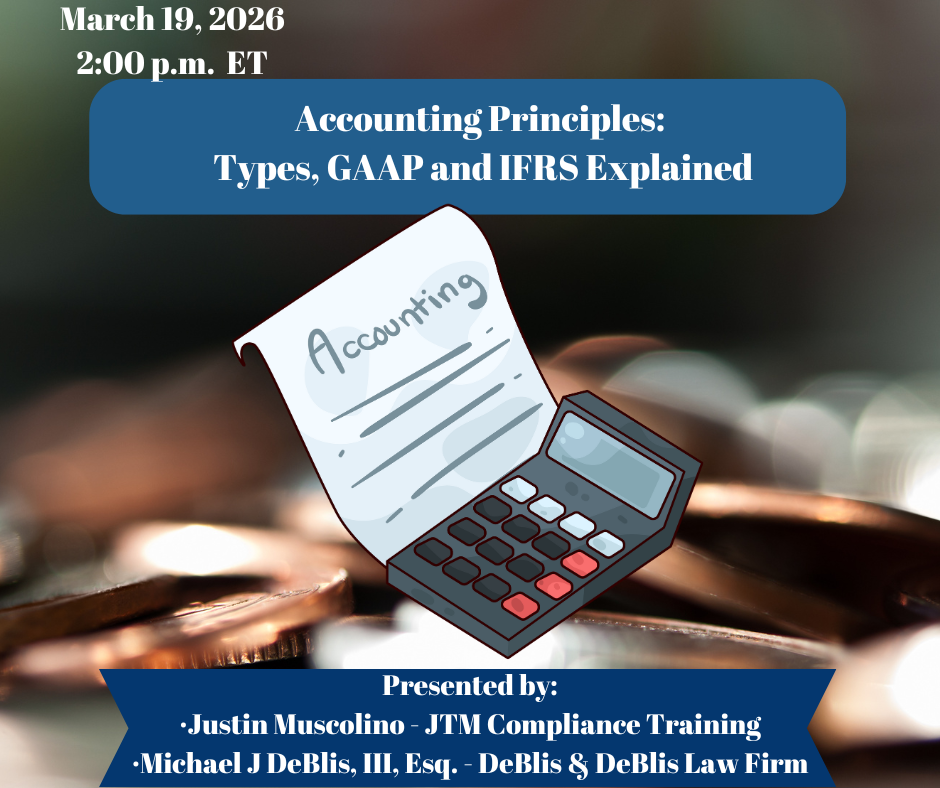
Attorneys will receive a comparative analysis of GAAP and IFRS with emphasis on cross-border legal c...
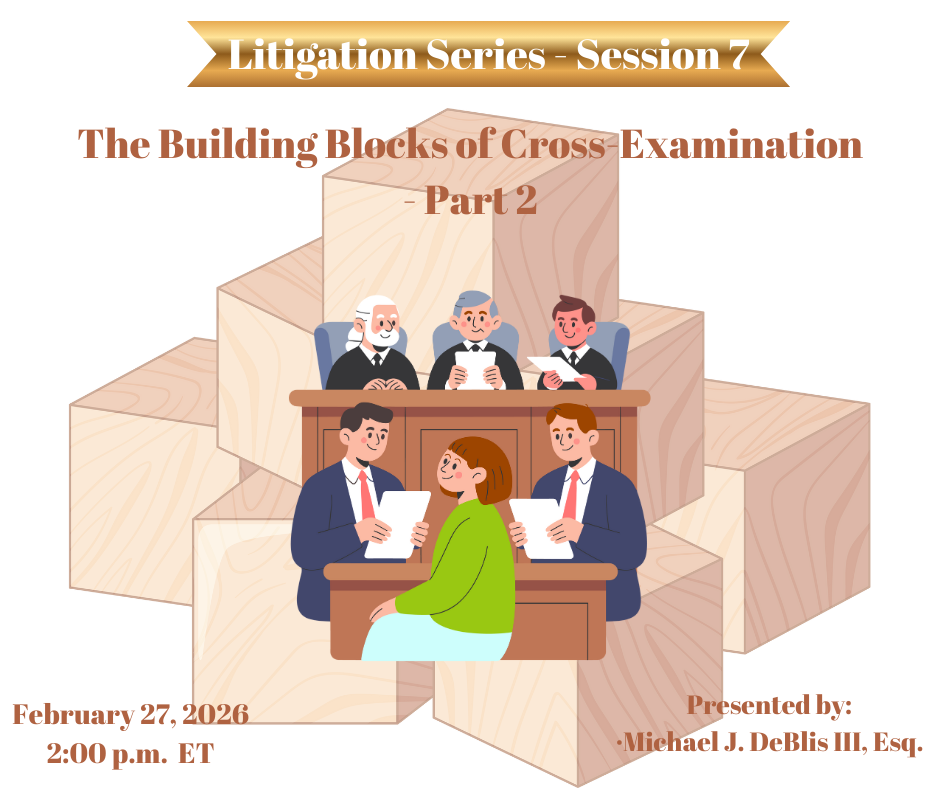
Part 2 dives deeper into advanced cross?examination techniques, teaching attorneys how to maintain c...